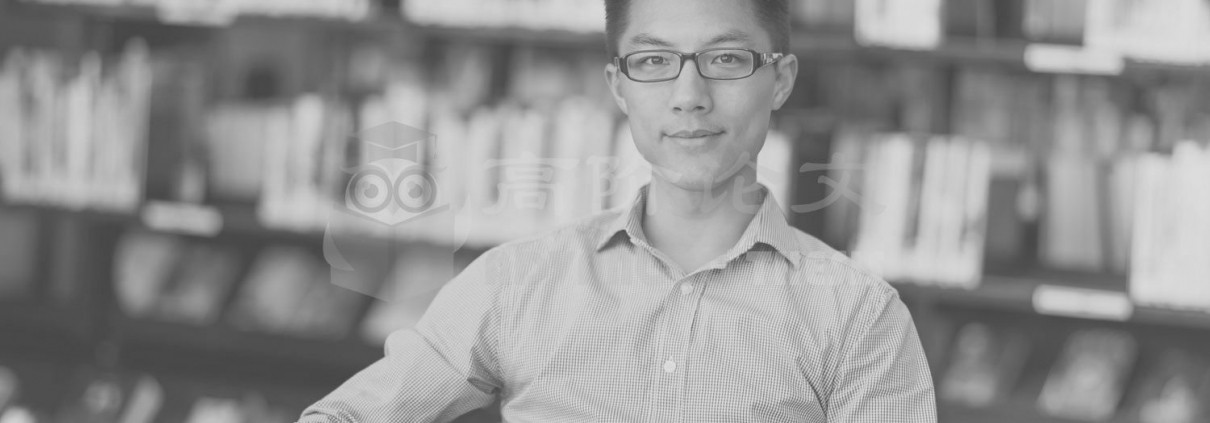圣文森特山大学:提高技术发展
圣文森特山大学:提高技术发展
反驳观点:Kalm Kakuyama参与农业活动,即向社会挤奶和销售牛奶(Liu, 2014)。从日本农业部门的人口统计角度来看,可以分析出,大多数个人年龄在40岁以上。这使得Kalm Kakuyama的业务运营受到限制,因为农业运营需要年轻人来处理(Sinha和Srivastava, 2013)。反驳:社会对Kalm Kakuyama商业运作的另一个影响是抵制Kalm Kakuyama的产品,因为他们在商业运作中不使用人(员工)。论证:技术升级将提高企业的生产力和产品质量。技术环境以一种积极的方式取代了企业组织对劳动力或人力的需求和重要性(Lazic, 2013)。技术生产是指利用人类的知识和技能生产或生产人类过去常常生产的产品的过程。
技术发展总是通过提高企业的生产力和盈利能力,以积极的方式影响企业组织(Otim et al., 2012)。反论点:企业组织的技术环境可以定义为企业在经营中使用的技术的发展和发展的下降(Welch, 2014)。技术批判理论建议寻找应用技术服务于其利益的人群,并分析更好地服务于已确定的人群的方法。将这一理论应用于本案例表明,制造机器人是服务于挤奶和销售牛奶的商业组织的已识别技术(Salazar, 2013)。机器人替代人力资源对商业环境和商业流程产生了直接的影响(Arshad et al., 2014)。这种影响可以被视为积极的影响,因为与早期模型相比,它降低了生产成本,使生产过程更加有效(Sutherland et al., 2015)。
圣文森特山大学:提高技术发展
Counter-argument: Kalm Kakuyama is involved in agricultural activities i.e. milking and selling cow milk to the society (Liu, 2014). From the demographic point of view of Japan’s agricultural sector, it can be analysed that most of the individual are of more than 40 years of age. This has put limitation in from of Kalm Kakuyama in term of its business operations as agricultural operations require younger people to handle (Sinha and Srivastava, 2013). Rebuttal: Another impact that society can make on business operations of Kalm Kakuyama, is boycotting products of Kalm Kakuyama because they are not using human being (employees) in their business operations.Argument: Technological upgradation will enhance productivity and product quality of the business operations. Technological environment replaces the requirement and importance of labour or human being in a positive manner for business organisation (Lazic, 2013). Technological production is the process of manufacturing or producing such products that human used to produce with their knowledge and skills.
Technological development has always impacted business organisation in positive manner by improving their productivity and profitability (Otim et al., 2012). Counter-argument: Technological environment of business organisation can be defined as the development and decline in development of technology that business uses in its operations (Welch, 2014). Critical theory of technology suggests finding the population whose interest is served by applied technology and analyse approach to better serve the identified population. Applying this theory in present case suggests that manufacturing robots is the identified technology that serves business organisation involved in milking and selling cow milk (Salazar, 2013). Robots used in place of human resource have made direct impact on business environment and in business processes (Arshad et al., 2014). This impact can be treated as positive impact since it reduces cost of production and make production process more effective as compared to earlier model (Sutherland et al., 2015).






